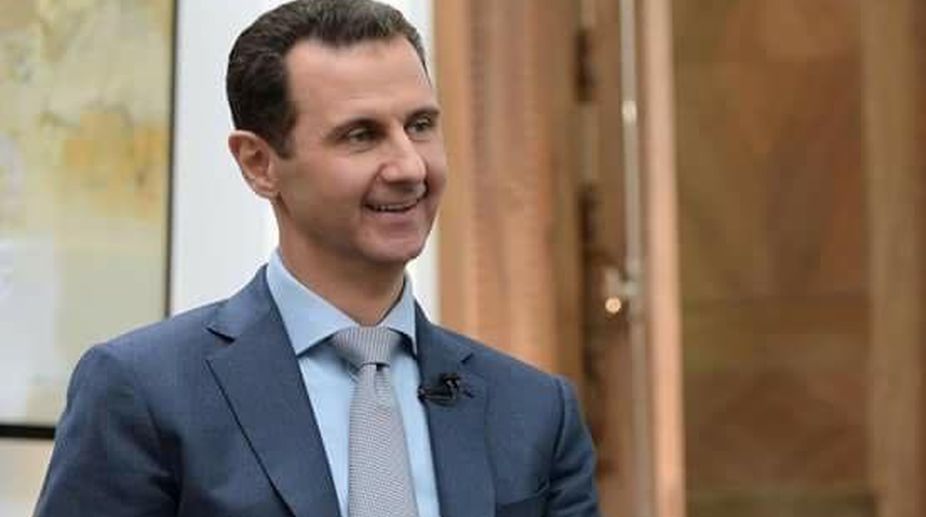New Orleans
Terror The New Year’s Eve attack in New Orleans, when an US Army veteran drove a truck into a crowd of revellers, has shaken America and raised difficult questions about the rising threat of ISIS-inspired violence in everyday spaces.

Bashar al-Assad (PHOTO: AFP)
A beleaguered President, whom the Western powers have failed to rein for the past six years, has emitted a robust signal of intent. The Syrian President Bashar al-Assad’s message is bound to have an impact on the region’s geopolitics.
If the West was dithering at the UN, he has now made his position clear with a message that cannot be particularly palatable to Washington, London, Paris, and Berlin. He has virtually binned the idea of “security cooperation” with western nations or the reopening of their embassies until they cut ties with opposition and insurgent groups.
Advertisement
It is more than sheer coincidence that shortly after Assad gave his speech, a shell hit the first international fair in the country since the civil strife began six years ago, killing and wounding several people.
Advertisement
Assad’s expression of defiance of the West comes at a critical juncture, i.e when his troops and pro-Iranian militia are gaining ground across the country under the cover of Russian airstrikes.
Many countries have ceased calling for him to step down. Close to seven years after the Arab Spring, he appears to be the only leader in the region who bashes on regardless. Even the Kremlin’s bombardment from the skies has rather surgically targeted the ISIS hideouts… but not the presidential palace in Damascus.
Since 2011, differences within the Security Council ~ articulated in the main by Russia and China ~ have militated against intervention, “humanitarian” or otherwise. A critical feature of Assad’s presentation before diplomats based in Damascus must be that he has praised Russia, Iran, China and Lebanon’s Hezbollah for supporting his government during the conflict.
He has been explicit on the point that Syria would look east when it came to political, economic and cultural relations. Fairly complete must be the latter-day axis of world powers. The war machine is central to this development in geostrategy ~ “The direct support of our friends, politically, economically and militarily, made our advance on the ground greater and the losses of war less. Therefore, they are our partners in these achievements on the road to crush terrorism,” Assad told the envoys.
“Let’s be clear. There will be no security cooperation nor opening of embassies or even a role for some countries that say that they want to play a role in ending the crisis in Syria before they clearly and frankly cut their relations with terrorism.”
The fineprint of his presentation must be that despite the groundswell of opposition within Syria, Assad still plays a pivotal role in the country’s foreign policy, though a vast segment of the populace have turned against him, even crossed over to Turkey.
Syria’s government has sought to portray itself as the victor in a war that is winding down, and is looking ahead to reconstruction. The challenge of the ISIS remains forbidding even after the recapture of Mosul.
Advertisement